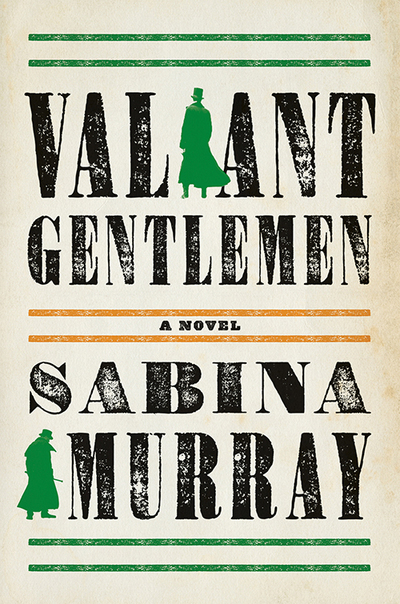It makes sense that this debut novel, which speaks loudly and clearly to our troubled racial times, is set during the early years of the Clinton administration, when rap songs by Geto Boys and House of Pain were blasting from cassette decks all over Boston.
Green’s engaging, self-deprecating narrator is David Greenfield, “the white boy at the Martin Luther King Middle [School]. Well, one of two.” David’s “hippie parents” are big believers in public schools and in making sure David is exposed to a diverse range of people. None of which helps David endure daily humiliations—not only because of his race, but also because of his clothes, poor athletic skills and lack of friends. David’s family only aggravates him further—which is to say, they offer him quite a bit of guidance, but he’s unable to appreciate it. An unlikely friendship eventually blossoms between David and a black classmate named Marlon, which may or may not be doomed from the start, given their vastly different backgrounds. Along the way, there is plenty of comic relief, a love triangle and enough Celtics lore to please Larry Bird’s biggest fans.
Sam Graham-Felsen—who served as Barack Obama’s chief blogger in 2008 before earning degrees from Harvard and Columbia—imbues David’s voice with an infectious level of urban wit and slang, which only occasionally feels excessive. For better or worse, the narrative at times ventures into YA turf, yet Green’s examination of race, class, education and (most interesting of all) religion is weighty and substantial without being stuffy.
“I’m just sick of being nothing,” David says at one point. Yet as poor, befuddled David goes on (and on and on) trying to put together an identity for himself, he—like the reader—is inevitably floored when he takes the time to so much as glance at the adversity people like Marlon must endure every day.


















